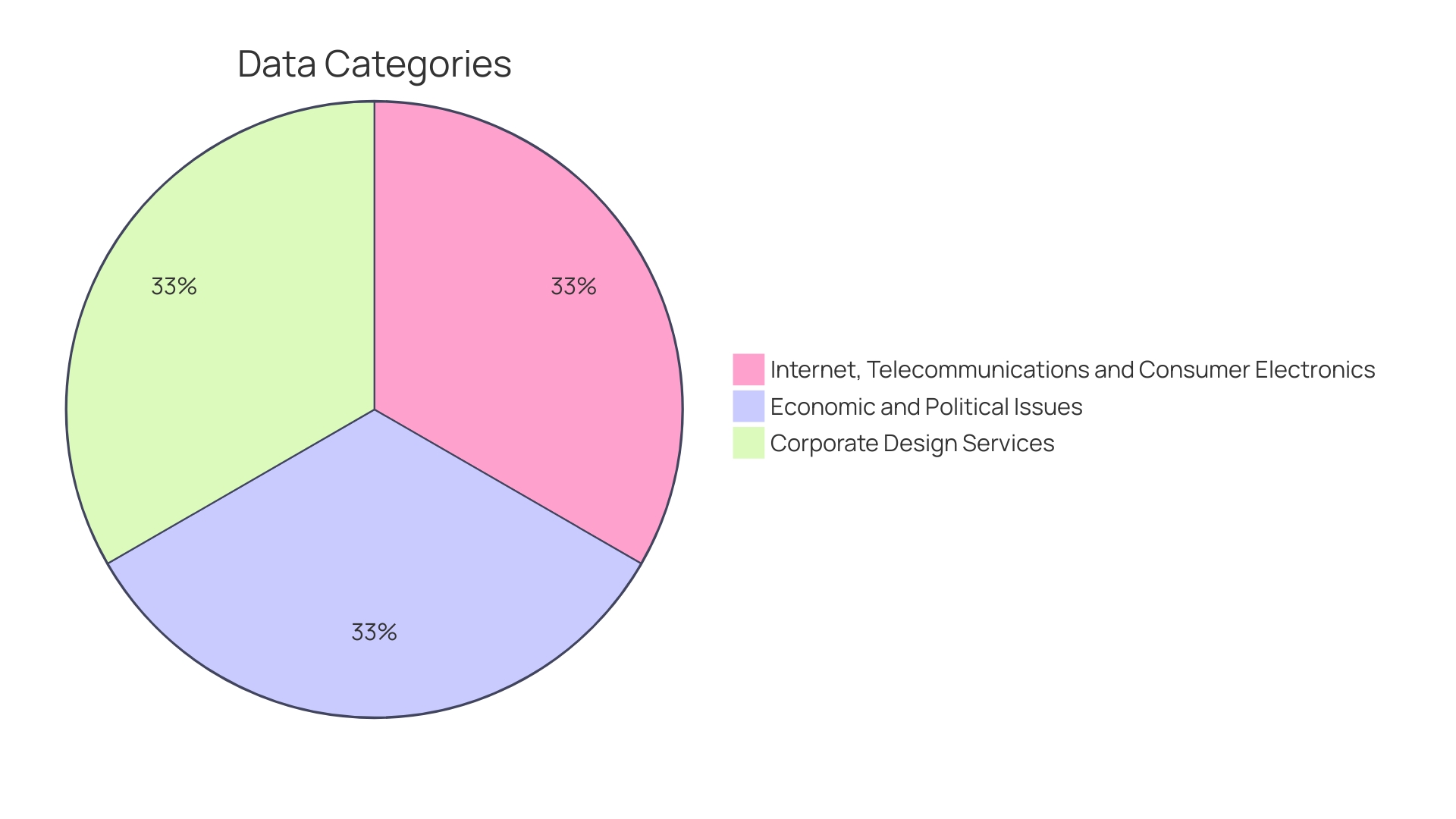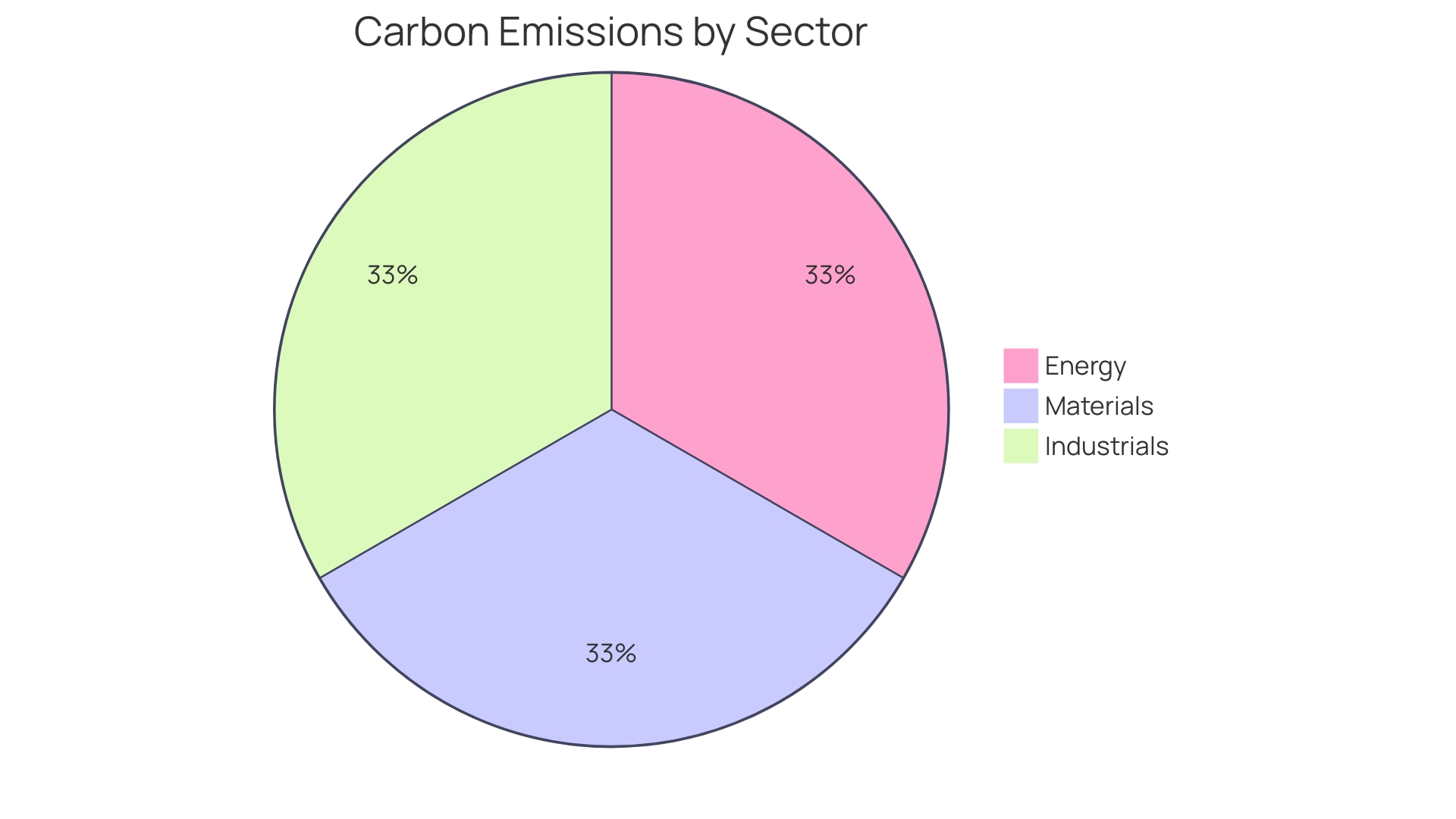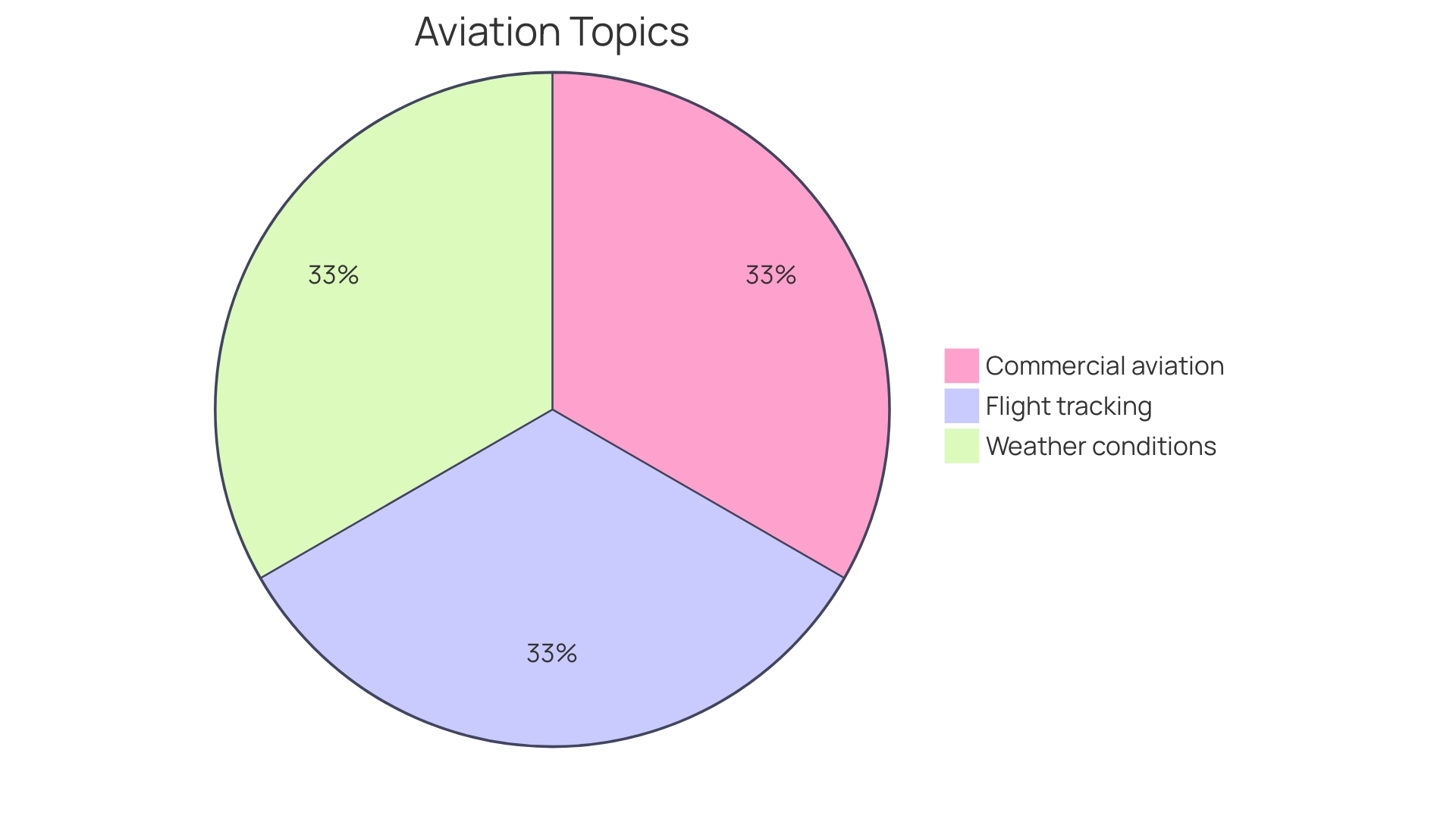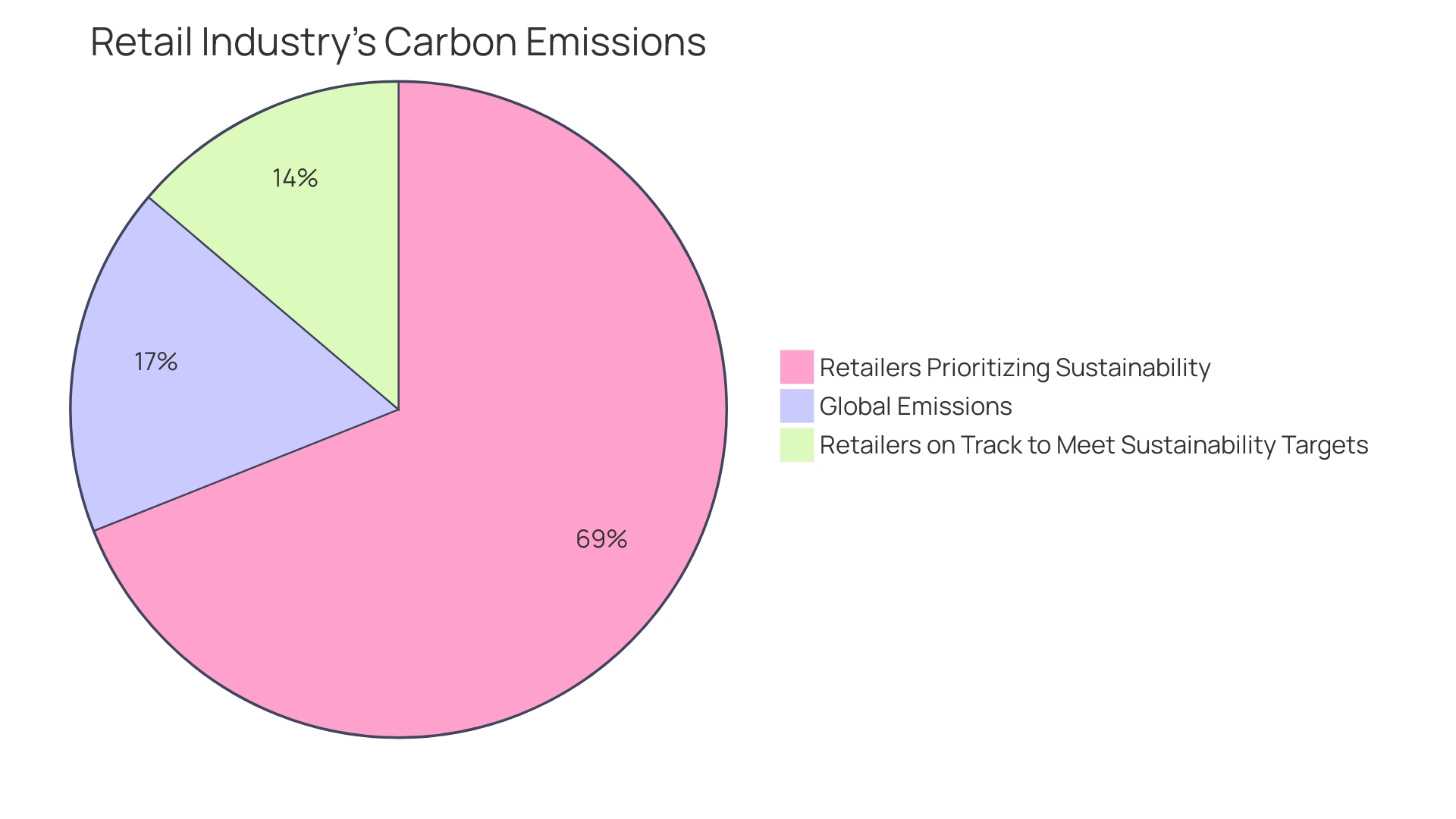Introduction
Marquis Sustainable Aviation Fuel's partnership with LanzaJet marks a significant milestone in the pursuit of sustainability in the aviation industry. Leveraging innovative technology and expertise, this collaboration empowers Marquis to scale up the production of sustainable aviation fuel (SAF). With a deep understanding of the renewable fuels industry, this article explores the educational outreach, industry progress, and global impact of this partnership.
It also delves into Marquis's state-of-the-art facility in Illinois, their production capacity, and strategic location. Additionally, the article highlights Marquis's technological innovations, environmental impact, and future ambitions in decarbonizing the transportation sector. Lastly, it examines Marquis's infrastructure and distribution network, as well as their pioneering efforts in creating the world's first carbon-neutral industrial site.
This comprehensive overview showcases Marquis's dedication to transforming the aviation industry and creating a more sustainable future.
Partnership with LanzaJet: A New Era in Sustainable Fuels
Marquis Sustainable Aviation Fuel's alliance with LanzaJet is a pivotal development in the aviation industry's quest for sustainability. LanzaJet, a trailblazer in the production of sustainable fuels, leverages innovative technology and deep expertise, empowering Marquis to boost the manufacturing of sustainable aviation fuel (SAF) at scale. This collaboration is a testament to the industry's capacity for transformative change through strategic partnerships.
- Educational Outreach and Industry Progress
- Despite SAF's role as a key instrument for aviation decarbonization, public awareness of its benefits and production is limited. With amusing anecdotes circulating about SAF smelling like French fries due to its origins from used cooking oil, there's a pressing need for ongoing education about its broader significance. As Amelia DeLuca of Delta Air Lines emphasizes, understanding Saf's renewable nature and its potential to propel the industry towards net-zero emissions is crucial.
-
Delta Air Lines, a global aviation leader, has committed to substituting 10% of its annual 4 billion gallon jet fuel consumption with SAF by 2030. Their proactive approach to reducing fuel usage overall—by at least 10 million gallons annually through 2030—highlights the industry's dedication to tackling climate change.
-
Innovative Technology and Global Impact
- LanzaJet's Freedom Pines Fuels facility in Soperton, Georgia, marks a significant achievement as the world's inaugural ethanol-to-SAF production plant. The facility's advanced technology not only promises a greater than 70% reduction in greenhouse gas emissions but also champions the use of a variety of sustainable feedstocks.
-
With firm commitments for the purchase of its entire SAF output for the next decade, the Freedom Pines Fuels plant exemplifies the creation of robust domestic supply chains, local job creation, and a global SAF supply, contributing to substantial economic activity within Treutlen County and beyond.
-
Forward-Looking Statements and Industry Commitment
- LanzaJet's forward-looking statements reveal a vision of accelerating SAF deployment and adopting clean technologies essential for addressing the climate crisis and reshaping the global economy. While these statements reflect optimism, they also acknowledge the inherent risks, uncertainties, and assumptions characteristic of such pioneering ventures.
- The aviation sector's involvement in global greenhouse gas emissions—accounting for two to three percent—underscores the urgency for immediate action. The collaboration with Marquis Sustainable Aviation Fuel and the establishment of the LanzaJet Freedom Pines Fuels plant are clear indicators of the industry's resolve to innovate and decarbonize for a more sustainable future.
The Illinois Plant: A State-of-the-Art Facility
Marquis's facility in Illinois epitomizes the future of aviation fuel, turning renewable feedstocks into Sustainable Aviation Fuel (SAF) through a blend of innovation and commitment to eco-conscious refining. The production of SAF is an essential step towards reducing the aviation industry's carbon footprint, which currently accounts for 2.5% of global emissions. The use of SAF, which can cut carbon emissions by over 80%, is crucial for the sector's transition to cleaner energy sources.
However, the challenge remains that SAF constitutes less than 0.1% of global aviation fuel, primarily due to limited supply and economic hurdles.
To address this, the facility harnesses green hydrogen, produced via water electrolysis powered by renewable energy, ensuring a minimal carbon footprint throughout the supply chain. This aligns with industry goals, such as those set by the Biden administration and the International Air Transport Association (IATA), which aim for a net-zero carbon footprint by 2050. The plant's approach not only tackles CO2 emissions but also considers the broader environmental impact of aviation, including the effects of contrail cirrus formations that contribute significantly to climate change.
Moreover, SAF's viability as an alternative to traditional jet fuel has been demonstrated through successful transatlantic flights powered by unconventional fuel sources such as fats and sugars. This mirrors the ambitious targets set by airlines to achieve carbon neutrality, showcasing the transformative potential of Marquis's Illinois plant in shaping the trajectory of sustainable air travel.
Production Capacity and Strategic Location
Marquis's commitment to advancing sustainable aviation fuel (SAF) is evident in their impressive production capabilities. With the ability to produce millions of gallons annually, they are at the forefront of reducing the aviation industry's carbon emissions. This is especially crucial considering the aviation sector is a significant source of transportation emissions, contributing to approximately 7% of total emissions in the US.
Moreover, Marquis's strategic placement of production facilities near key airports exemplifies an efficient approach to SAF distribution, mirroring successful initiatives like the eSAF production facility in East Germany, designed to serve nearby airports effectively.
The potential of SAF in achieving climate neutrality in aviation has been recognized globally, with advancements in technology such as LanzaJet's pioneering ethanol-to-SAF production process. These technological innovations are crucial for the industry, as current aircraft designs and the slow pace of electrification pose challenges to rapid decarbonization. As industry leaders and public sector stakeholders focus on scaling SAF production, Marquis's efforts contribute to the collaborative push towards a more sustainable future in aviation.
Their production not only aligns with the global decarbonization drive but also showcases a robust commitment to sustainability by adhering to rigorous third-party audits and sustainability standards, ensuring that their raw materials and production processes meet the highest ethical and environmental benchmarks.

Technological Innovations: Alcohol-to-Jet Process and Carbon Capture
Marquis has positioned itself as a leader in the advancement of sustainable aviation fuel (SAF) technologies. Their innovative alcohol-to-jet process leverages renewable resources to create SAF that not only exceeds the performance of traditional jet fuel but also significantly reduces greenhouse gas emissions. In a concerted effort to mitigate the environmental footprint of aviation, which is responsible for approximately 2% of global energy-related CO2 emissions, Marquis has integrated carbon capture strategies into their production methodology.
This commitment to sustainability aligns with the increasing demand for cleaner aviation fuels as the sector seeks to address climate change and reduce its carbon output. Air travel, particularly for individuals in affluent countries, represents a substantial portion of their carbon emissions, with a single round-trip flight from New York City to London emitting around 1000 kilograms of carbon dioxide. In light of such concerns, major airlines, including Delta, Air France, and United, have set ambitious targets to achieve net-zero carbon emissions by 2050, with sustainable aviation fuel being a key component of this transition.
Despite the challenges in scaling SAF production to meet the industry's needs, with current output meeting less than 0.2% of U.S. jet fuel consumption, initiatives like those undertaken by Marquis are crucial. The company's dedication to enhancing the sustainability of their fuel production process not only supports the goals of airlines but also contributes to global efforts aimed at creating a healthier planet for future generations.

Environmental Impact: Reduced Greenhouse Gas Emissions
Sustainable aviation fuel (SAF) is emerging as a transformative solution for the aviation sector, aiming for net-zero carbon emissions by 2050. As airlines, such as Delta, actively seek to replace conventional jet fuel with SAF, significant strides are being made. Delta's Chief Sustainability Officer, Amelia DeLuca, highlights their ambitious target to substitute 10% of their annual 4 billion gallons of jet fuel with SAF by 2030, alongside reducing overall fuel usage by at least 10 million gallons annually through 2030.
SAF, created from renewable waste and residues like used cooking oils and animal fat, offers a reduction in carbon intensity by over 80% compared to fossil fuels and is compatible with existing aircraft engines and infrastructure.
The recent pioneering transatlantic flight by Virgin Atlantic, powered exclusively by SAF derived from waste cooking oils and animal fat, serves as a testament to the industry's commitment to sustainability. This landmark flight not only showcased the practical use of SAF but also emphasized the need for scaling up supply to meet the increasing demand for lower-emission alternatives in aviation.
As the industry progresses, education remains crucial in dispelling SAF misconceptions and raising awareness of its benefits, such as its potential to significantly cut greenhouse gas emissions. Collaborations like the one between Airbus and Neste demonstrate the industry's dedication to innovation and the shared goal of decarbonizing aviation, ensuring a healthier planet for future generations.

Future Ambitions: Decarbonizing the Transportation Sector
Marquis is not just soaring in the aviation sector; their sustainability ambitions are taking flight across the entire transportation landscape. Undeterred by the challenge of a U.S. society deeply entrenched in car ownership and a sprawling highway system that has historically fueled carbon emissions, Marquis is charting a course towards a comprehensive decarbonization of travel. They understand that while the U.S. has been locked into a carbon-intensive transportation system, the tide is changing with emerging technologies and urban redesigns that foster reduced vehicle miles and greener commuting alternatives.
The electrification of vehicles is accelerating, with advancements in battery technology paving the way. By 2035, it is anticipated that nearly all new vehicles sold will be electric, either battery or fuel-cell powered. This signals a significant shift away from internal combustion engines and a move towards electricity as the preferred mode of propulsion, which is not only more efficient but also aligns with policy goals across various states.
Marquis's strategy dovetails with this electric revolution. They're leveraging the ubiquity of hydrogen—an element with vast sustainable energy potential—and exploring the integration of hydrogen fuel cells. This technology, which generates electricity through a chemical reaction between hydrogen and an oxidizing agent, offers a continuous energy source as long as fuel is supplied.
In aviation, where battery weight and range present limitations, Marquis is contributing to the development of sustainable aviation fuels that are compatible with current aircraft and infrastructure. This endeavor is part of the broader E-Fuel project, which has demonstrated promising results in green hydrogen production, CO2 capture, and e-fuels synthesis. The project's success in producing high-quality paraffinic e-fuels with low emissions represents a significant stride towards sustainable e-fuels production, with valuable insights into their economic viability and environmental impact.
As we look at the broader picture, the U.S. transportation sector, which includes over 284 million gasoline and diesel vehicles, is a major emitter of greenhouse gases. Passenger cars and light trucks alone account for a staggering 58 percent of these emissions. Recognizing the need for transformative change, Marquis is positioning itself at the forefront of sustainable fuel innovation, with the goal of reducing reliance on petroleum, which has dominated transportation energy for the past five decades.
Marquis's forward-looking strategy extends beyond immediate technological advancements. It acknowledges the complex and uncertain landscape of vehicle production, regulatory challenges, and the competitive dynamics within the transportation industry. The company is mindful of the cautionary nature of forward-looking statements, understanding that while they represent a vision for the future, actual results may vary due to factors beyond their control.
In conclusion, Marquis's commitment is a testament to their understanding that sustainability is not a singular goal but a multifaceted pursuit that encompasses technological innovation, policy alignment, and a deep-seated dedication to environmental stewardship. Their efforts aim to catalyze the transportation sector's journey to zero emissions, ensuring a healthier planet for future generations.
Infrastructure and Distribution: Access to Key Pipelines and Transport Routes
Marquis is revolutionizing the delivery of sustainable aviation fuel (SAF) with a strategic infrastructure and distribution network that ensures airlines can easily access greener fuel alternatives. Through a well-established pipeline and transportation system, Marquis efficiently channels SAF to airports region-wide, streamlining the transition to eco-friendly aviation operations.
The importance of SAF in the aviation industry cannot be overstated, with its potential to significantly reduce carbon emissions. As highlighted by Amelia DeLuca of Delta Air Lines, the transition to SAF is essential for the industry's aim to reach net zero by 2050. Delta itself is committed to substituting 10% of its annual jet fuel consumption with SAF by 2030.
Moreover, the groundbreaking flight of Virgin Atlantic's Boeing 787, powered solely by alternative fuels such as tallow and waste fat, underscores the viability of SAF in commercial aviation. Despite the challenges in cost and supply, this milestone demonstrates that a sustainable future for air travel is within reach.
The collaboration between industry stakeholders, as suggested in a recent report focusing on Europe, the US, and the Middle East, is critical for scaling SAF production. By leveraging financial and policy tools, these partnerships can overcome barriers to create an environment conducive to SAF growth.
With urban logistics being an integral part of sustainable development, the use of efficient and effective transport methods is paramount. The electrification of vehicles and the utilization of UAVs for delivery services are examples of innovative solutions contributing to the reduction of emissions in urban contexts.
Marquis's commitment to a robust infrastructure not only ensures the smooth supply of SAF but also aligns with the broader goal of urban sustainability, demonstrating that with the right strategies and partnerships, a greener aviation industry is within reach.
Marquis Industrial Complex: The World’s First Carbon-Neutral Industrial Site
Marquis Industrial Complex has exemplified innovation with its pioneering approach to achieving carbon neutrality. Harnessing an array of renewable energy technologies, Marquis has transformed its production facility into an exemplar of sustainability. Key to this transformation has been the strategic integration of carbon capture solutions and a steadfast dedication to sustainable operational practices.
The integration of daylighting is one such sustainable practice that has proven beneficial, not only for energy conservation but also for enhancing employee well-being, satisfaction, and productivity. This thoughtful approach to design ensures that every aspect of the facility aligns with the overarching goal of environmental sustainability.
At the forefront of industrial energy consumption, which accounted for 35% of the U.S. energy use in 2022, the industrial sector's move towards cleaner processes is crucial. Marquis's complex serves as a beacon for this shift, embodying the principles laid out in 'Zero-Carbon Industry'—a guide that highlights the technological advancements and policies fueling the transition to a green manufacturing sector.
The complex's success story comes amidst a dynamic landscape where advanced heat pumps, powered by green electricity, are being touted as the most efficient solutions for decarbonizing industrial heat—a significant energy demand in the industrial sector.
Marquis's achievement resonates with the insights of industry experts who advocate for a robust transition to emission-free industrial operations. This complex is not only a testament to Marquis's environmental commitment but also an inspiration for industrial firms globally to embark on their own journeys towards zero-carbon futures.

Conclusion
Marquis Sustainable Aviation Fuel's partnership with LanzaJet marks a significant milestone in the pursuit of sustainability in the aviation industry. This collaboration empowers Marquis to scale up the production of sustainable aviation fuel (SAF) and contribute to the industry's goal of achieving net-zero emissions.
The article highlights the importance of educational outreach and industry progress in promoting SAF. Collaboration with industry leaders like Delta Air Lines showcases the dedication to tackling climate change.
The innovative technology and global impact of LanzaJet's Freedom Pines Fuels facility in Georgia are emphasized. Marquis's state-of-the-art facility in Illinois demonstrates their commitment to advancing sustainable aviation fuel production.
Technological innovations, such as Marquis's alcohol-to-jet process and carbon capture integration, play a crucial role in reducing greenhouse gas emissions.
The environmental impact of SAF is significant, with its ability to reduce carbon intensity by over 80% compared to fossil fuels. Education remains crucial in raising awareness of SAF's benefits in cutting greenhouse gas emissions.
Marquis's sustainability ambitions extend to decarbonizing the transportation sector. By leveraging emerging technologies and a commitment to environmental stewardship, they aim to create a greener future.
Infrastructure and distribution play a vital role in ensuring the smooth supply of SAF. Marquis's strategic infrastructure and distribution network streamline the transition to eco-friendly aviation operations.
Lastly, Marquis's industrial complex stands as the world's first carbon-neutral industrial site, showcasing their dedication to sustainability.
In conclusion, Marquis's commitment to sustainability, technological innovation, and policy alignment aims to catalyze the transportation sector's journey to zero emissions.




